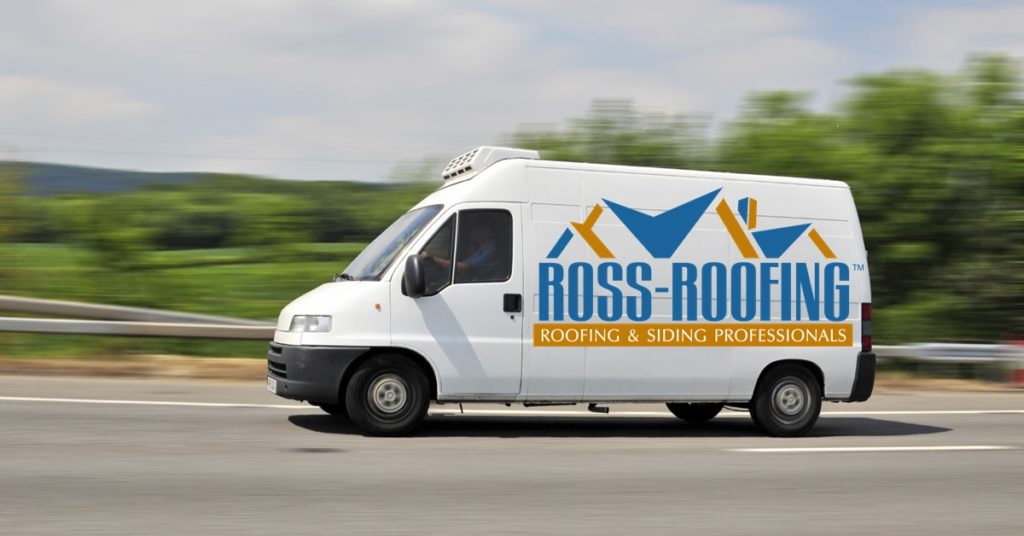If your line of work requires you to use a vehicle for business costs, you could find that running costs quickly add up. Here’s how you can save money on a company vehicle.
Think practical
When choosing a vehicle, it’s important to think practical. You don’t need all the mod cons – this isn’t your personal vehicle. If you’re unlikely to be taxiing people around, you could get away with a dinky two-door hatchback. In other cases, large boot space may be necessary, but passenger space may not. In almost all cases, you don’t need something speedy – focus instead on fuel economy as this is likely to have more of an impact on the practicality of your work.
Lease, don’t buy
Leasing could allow you to afford a much better quality car than buying outright. Monthly payments vary massively from one lease company to another, so it’s worth shopping around. Sites like https://www.leasecomparison.co.uk/ are worth using for comparing prices.
Shop around for insurance
Business vehicle insurance is unfortunately much higher than regular car insurance. That said, there are some good deals out there if you’re willing to shop around. Business vehicle insurers have much better no claims bonuses than regular vehicle insurers so it’s worth staying with one company – you could lower rates by as much as 75% by making use of this bonus over the years. Other tricks such as raising your deductible, paying annually instead of monthly and upping your car’s security can all help to reduce your rates.
Make preventative repairs
It’s easier to ignore early signs of damage when it’s a business vehicle as you’re likely to be preoccupied by other business matters, however this can lead to faults getting worse and having a chain reaction on other parts. Get faults seen to as soon as possible to lower repair costs. Don’t always visit your local repair centre – specialists such as these rear axle repair specialists at https://www.houstonrebuiltaxles.com/rebuilt-axle-assemblies.htm could offer a better deal. It’s worth also reading online reviews so that you know the repair company has a good reputation.
Enforce rules for employees
If employees also drive the vehicle, it could be worth laying down some rules to helps save costs. This could include always turning the engine off when stationary or taking even certain routes to avoid traffic jams that could lead to more fuel consumption.
Keep a clear record of driving expenses
All your driving expenses are tax deductible – a bonus of having your own business – so make sure you’re keeping clear records of all your expenses. If you fill up your vehicle at a gas station or have to go into a mechanic to get repairs, always keep receipts so that you can add these costs to your books. An accountant may be able to help you work out these tax deductions for you.


No comments yet.